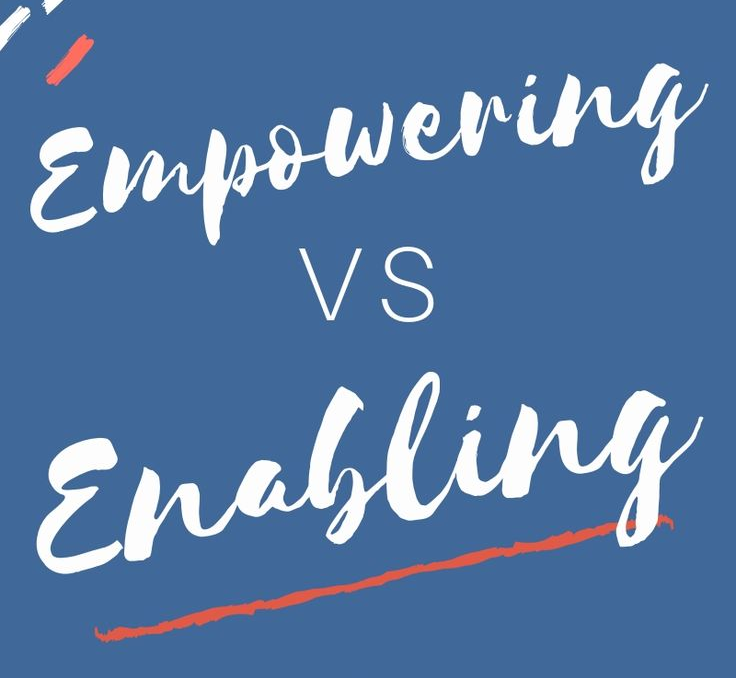Manipulation in Addiction Disease
Navigating the complex landscape of addiction often involves grappling with manipulative behaviors that individuals employ to sustain their substance use. Manipulation, within the context of addiction, encompasses a spectrum of deceptive tactics that strain relationships and hinder recovery. The neuroscience of addiction reveals alterations in the brain’s reward pathways and compromised decision-making functions, shedding light … Read more









